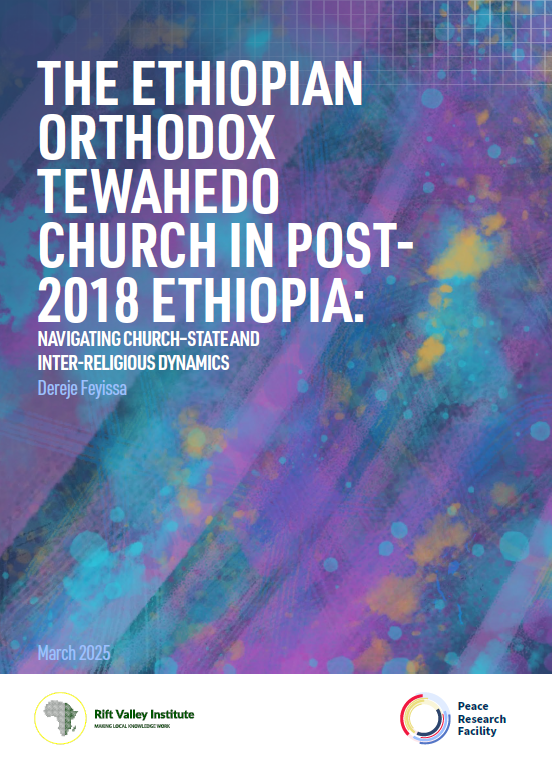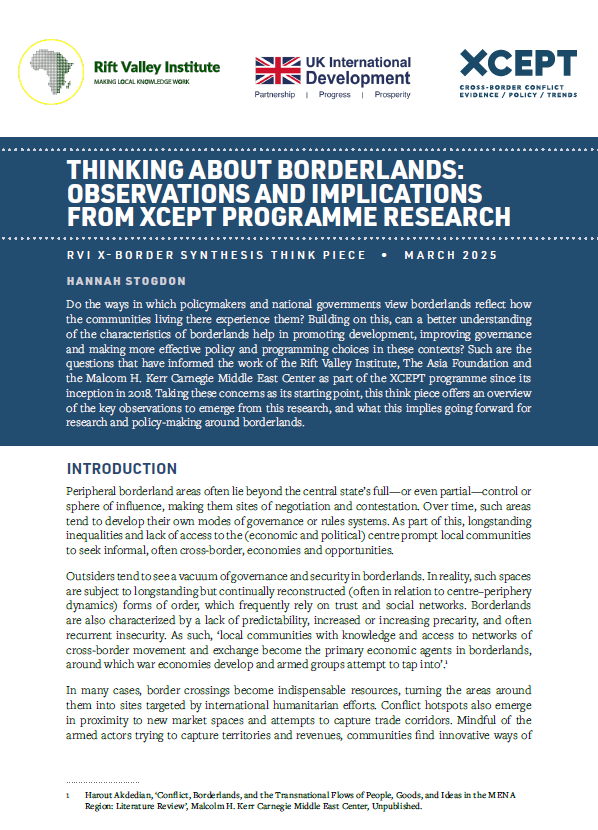Conflicts produce large-scale humanitarian crises and are often characterized by high levels of instability and volatility. Nonetheless, humanitarian workers are expected to operate in these high-risk areas, where their security and performance are sometimes compromised.
On 6 April 2017, the Rift Valley Forum launched the findings from the Secure Access in Volatile Environments (SAVE) study in Somalia and South Sudan and discussed issues of accessibility, quality of aid and accountability that humanitarian workers face in highly volatile environments.
SAVE is a three-year research programme by Humanitarian Outcomes and the Global Public Policy Institute, based on field work in Afghanistan, South Central Somalia, South Sudan and Syria. Through interviews and consultations with 900 humanitarian actors and more than 4,000 affected people, the study has been able to bring to light key trends concerning aid delivery in such contexts and has identified good practice and recommendations for how organizations can improve their operations.
The findings of this research are particularly relevant in light of ongoing critical responses amidst access challenges in Somalia and South Sudan today.
Moderator
Peter Hailey
Centre for Humanitarian Change
Presenters
Adele Harmer
SAVE
Lotte Ruppert
SAVE
Discussants
Sebastian Fouquet
DFID Somalia
Benedetta de Alessi
UN OCHA
Nicola Cozza
NRC Somalia


